Throughout this Maternity Leave, I have spent a lot of quality time with Ellie, caring for, loving on and getting to know her and it has been a real blessing. But I have also had opportunities to spend more quality time with my “big kids” as well. We have had adventures together and this weekend was no exception. We took our first road trip together as a family of five up to see two of our dear seminary friends get married. We drove up to Atlanta and saw friends from our years at Emory, had a seminary reunion at their wedding, visited family that live up in Georgia and ended our time picking apples in the North Georgia mountains. It was a fun-filled (and might I add, exhausting) five days.
Our big kids were most excited about the apple picking part of the trip, although for some strange reason they also really like the “staying in a hotel” part of the adventure. But Monday morning we found ourselves in Ellijay, in an orchard, picking 20 pounds of apples. Ryan did most of the work as I was wearing baby Ellie, but the excitement on their little faces when they found a red or green apple without spots or bruises was memorable. They were so proud of their find as one by one, apples would fill up their bags. Sure, we snacked on a few, tasting Arkansas Blacks, Crimson Crisp, Golden Delicious and Granny Smiths along the way, but mostly the apples ended up in their bags. And the picking wasn’t easy. Apparently, the apple festival had just happened, and so all of the good apples had been picked. There was no “low-hanging fruit” if you catch my drift and Emmaline and Charlie can’t reach very far, so they spent a lot of time on Ryan’s shoulders, but happy to do so.
And the scene got me thinking.
Jesus used a lot of farming metaphors in His teachings. He would often talk about the landowner, the Sower, the farmer or the fields. Many of his parables had an agricultural flare because those were the metaphors that made the most sense to the listeners in the Ancient Near East. And so it got me thinking, if Jesus were speaking in parables once again today, how the orchard might teach us about God’s Kingdom.
 The first thing I thought about was the diversity of the orchard. The one we visited had 7 types of apples in season that month, not to mention the other kinds that ripened earlier or later in the season. In other words, we live in a diverse world, with all types and flavors of people. In God’s Kingdom, it is an orchard big enough and fertile enough for every different kind of tree; every different kind of apple. We worship a Creative Creator who made a diverse world and called it good. And we, the people who love God and love others are invited into this Orchard to both pick and enjoy the fruit of the harvest.
The first thing I thought about was the diversity of the orchard. The one we visited had 7 types of apples in season that month, not to mention the other kinds that ripened earlier or later in the season. In other words, we live in a diverse world, with all types and flavors of people. In God’s Kingdom, it is an orchard big enough and fertile enough for every different kind of tree; every different kind of apple. We worship a Creative Creator who made a diverse world and called it good. And we, the people who love God and love others are invited into this Orchard to both pick and enjoy the fruit of the harvest.
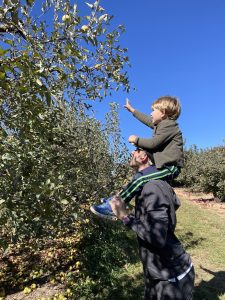 The second thing I noticed was the low-hanging fruit; those apples low enough and ripe enough for even children to grab. In church words, we call those Seekers, people for whom the Holy Spirit is already working on who may eagerly show up to worship or join a small group or sacrificially serve and suddenly their lives begin to change from the inside out. We get excited by these types of people because the change is more apparent and more immediate. Often people labeled “Seekers” come to where we already exist and they are not out of reach. Those apples still need to be picked, but what about the ones higher up in the tree? What about the ripe and ready apples that are just out of our reach? This is where our Good and Gracious Father offers us a ride on His shoulders; a different view from higher up. These apples still need our attention, still are asking to be picked and used and enjoyed; but our perspective must change, off the steadiness of the solid ground and in a riskier place on our Father’s shoulders, where we can see more from this vantage point because this work is important too.
The second thing I noticed was the low-hanging fruit; those apples low enough and ripe enough for even children to grab. In church words, we call those Seekers, people for whom the Holy Spirit is already working on who may eagerly show up to worship or join a small group or sacrificially serve and suddenly their lives begin to change from the inside out. We get excited by these types of people because the change is more apparent and more immediate. Often people labeled “Seekers” come to where we already exist and they are not out of reach. Those apples still need to be picked, but what about the ones higher up in the tree? What about the ripe and ready apples that are just out of our reach? This is where our Good and Gracious Father offers us a ride on His shoulders; a different view from higher up. These apples still need our attention, still are asking to be picked and used and enjoyed; but our perspective must change, off the steadiness of the solid ground and in a riskier place on our Father’s shoulders, where we can see more from this vantage point because this work is important too.
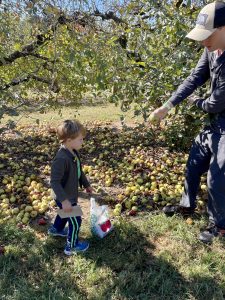 The last point I think Jesus would have made if He taught a parable on an Orchard would be this: don’t disregard so many apples. It is true that some have spots, some have bruises, and some are still ripening; but this could be said about all of us. Most of the apples grown on an orchard can be picked and used and enjoyed, but when we were there we noticed so many more on the ground then in bags going home with people. It was wasteful and a sad sight to behold. Which made me think about the people that I have written off; people that I may have overlooked or disregarded because of their spots or bruises or lack of maturity. Have I missed a chance for a relationship and a way to build God’s Kingdom because I haven’t seen the fruitfulness in others as I should?
The last point I think Jesus would have made if He taught a parable on an Orchard would be this: don’t disregard so many apples. It is true that some have spots, some have bruises, and some are still ripening; but this could be said about all of us. Most of the apples grown on an orchard can be picked and used and enjoyed, but when we were there we noticed so many more on the ground then in bags going home with people. It was wasteful and a sad sight to behold. Which made me think about the people that I have written off; people that I may have overlooked or disregarded because of their spots or bruises or lack of maturity. Have I missed a chance for a relationship and a way to build God’s Kingdom because I haven’t seen the fruitfulness in others as I should?
Maybe you can relate. Maybe today you needed a reminder about the wideness of God’s love and the beautiful diversity of God’s Kingdom Orchard. Or could it be that you needed to be challenged to climb onto God’s shoulders and look for those hard-to-reach people in your life? Or maybe instead you needed to remember and seek forgiveness for the ways you have disregarded people that God has put in your path. Whatever the Holy Spirit might be stirring up in you this today, I pray that you listen and respond. And then give thanks!
May God add God’s blessing to the hearing and receiving of this word today.
AMEN
 The 4 Pillars Counseling & Enrichment Center is seeking independent licensed therapists with personal Christian faith and specialization in the below outlined practice areas for collaboration through a lease agreement in our Colonialtown North campus counseling center.
The 4 Pillars Counseling & Enrichment Center is seeking independent licensed therapists with personal Christian faith and specialization in the below outlined practice areas for collaboration through a lease agreement in our Colonialtown North campus counseling center.








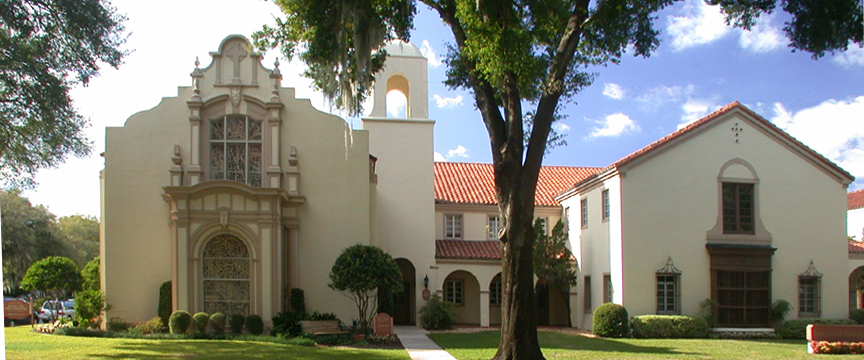




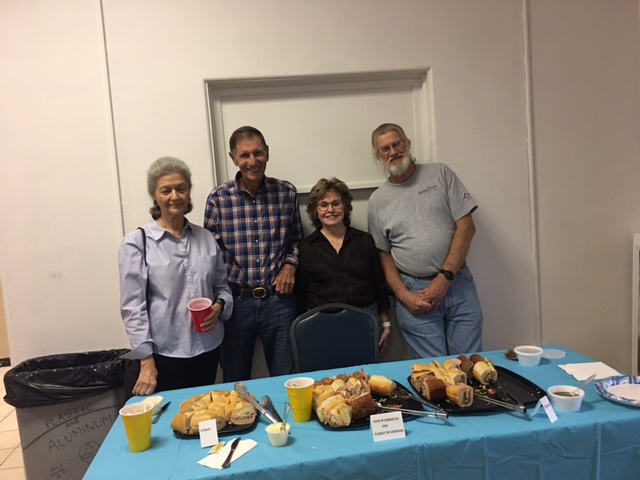
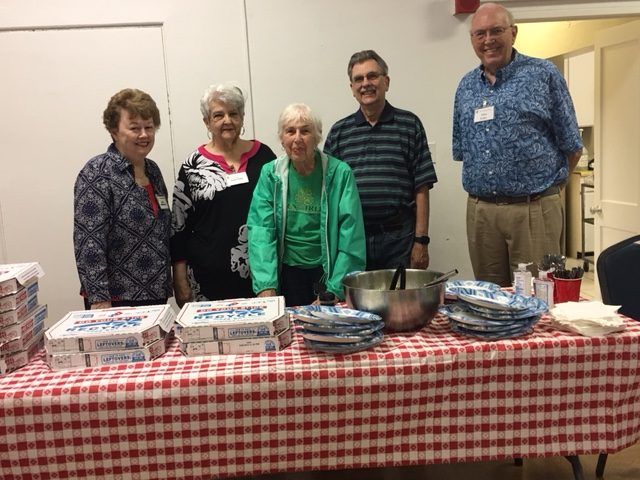
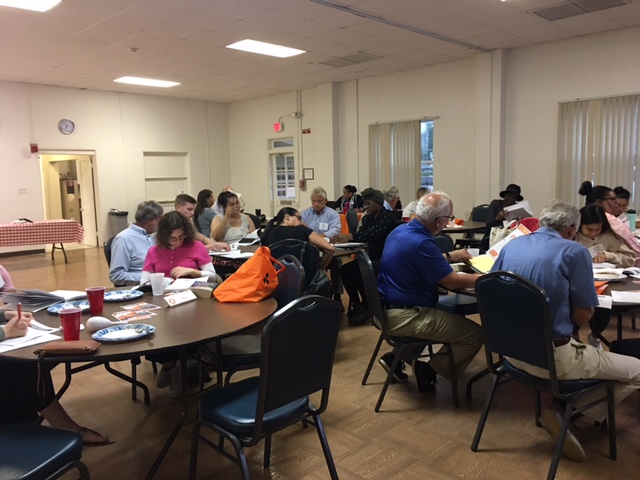




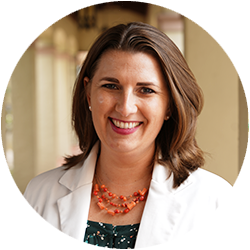 “But, Emmaline, Sharing is Caring!!!” This has become a favorite phrase of Charlie over these last few months. He hears it at school and he reminds every member of his family daily of this golden rule. In the midst of our current reality, I like to agree with him but add in the caveat, “Sharing is Caring, unless it is COVID!”
“But, Emmaline, Sharing is Caring!!!” This has become a favorite phrase of Charlie over these last few months. He hears it at school and he reminds every member of his family daily of this golden rule. In the midst of our current reality, I like to agree with him but add in the caveat, “Sharing is Caring, unless it is COVID!”

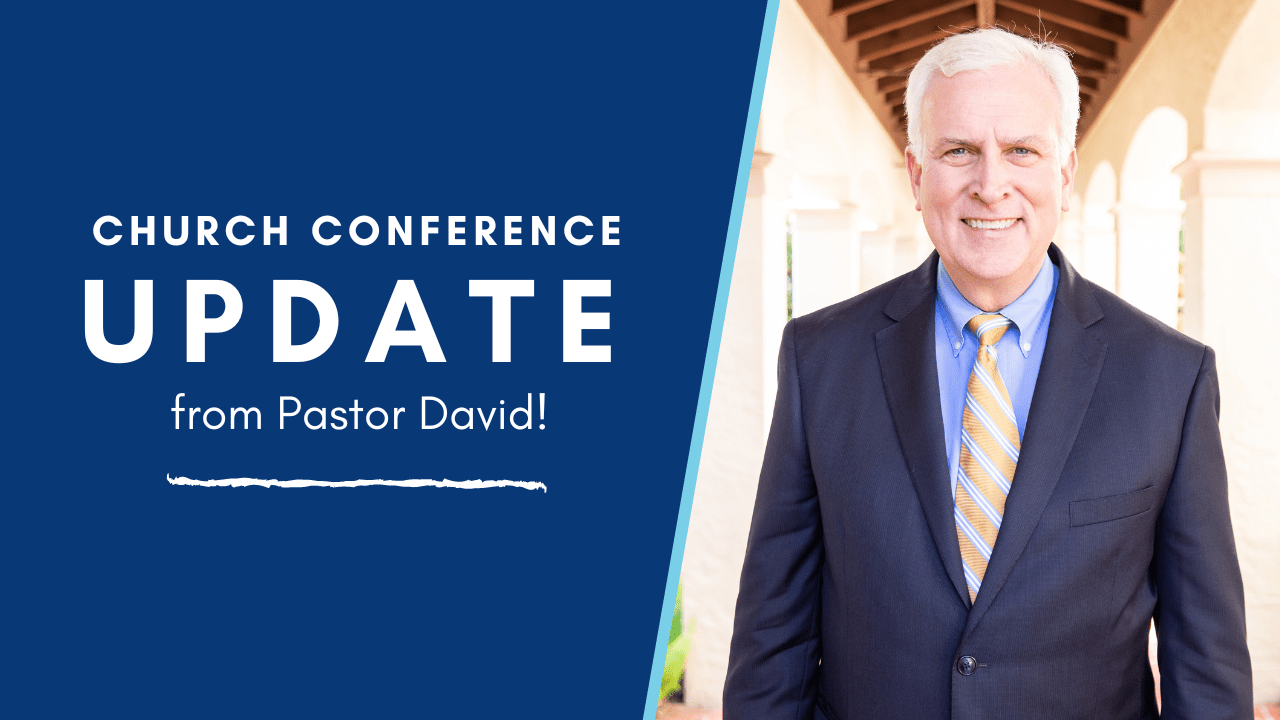
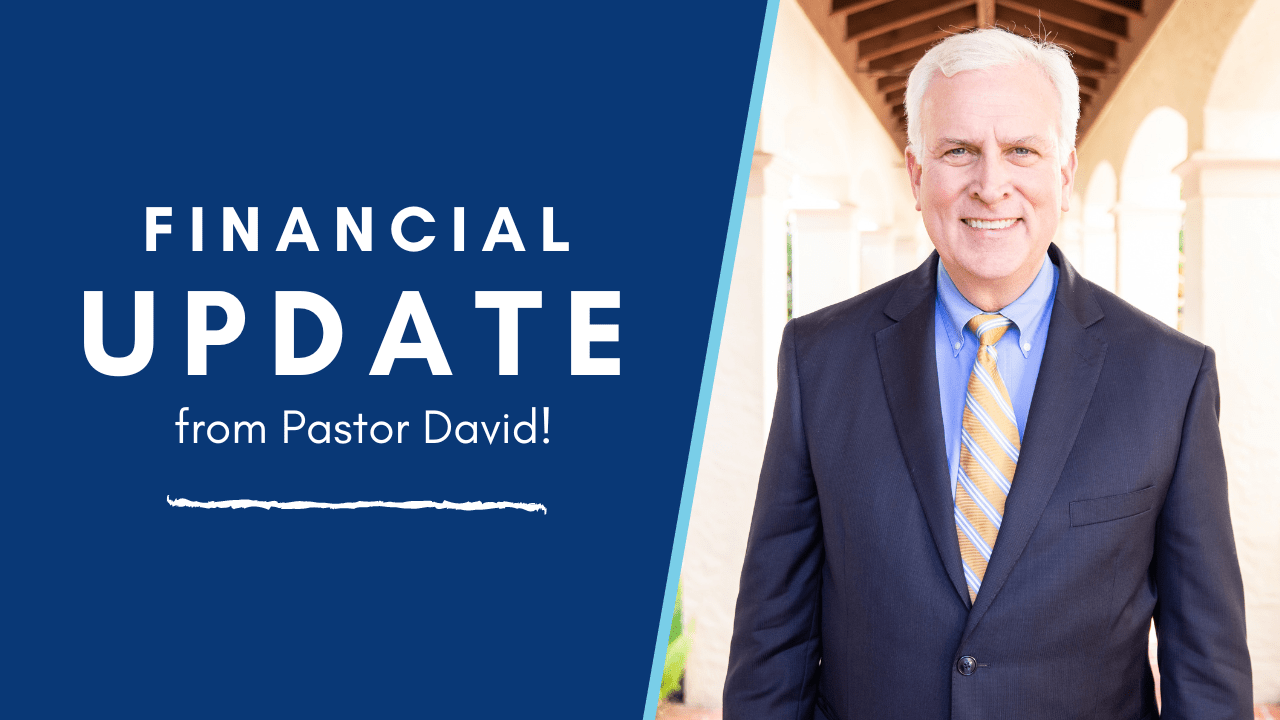
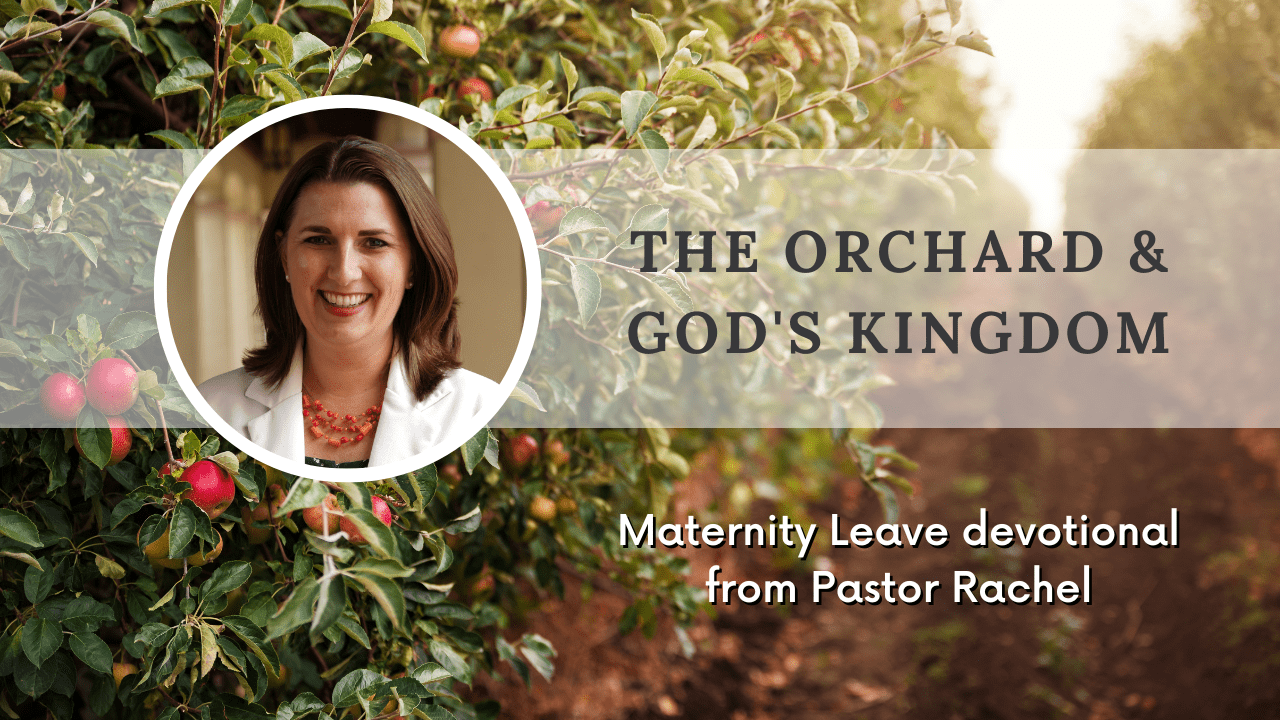
 The first thing I thought about was the diversity of the orchard. The one we visited had 7 types of apples in season that month, not to mention the other kinds that ripened earlier or later in the season. In other words, we live in a diverse world, with all types and flavors of people. In God’s Kingdom, it is an orchard big enough and fertile enough for every different kind of tree; every different kind of apple. We worship a Creative Creator who made a diverse world and called it good. And we, the people who love God and love others are invited into this Orchard to both pick and enjoy the fruit of the harvest.
The first thing I thought about was the diversity of the orchard. The one we visited had 7 types of apples in season that month, not to mention the other kinds that ripened earlier or later in the season. In other words, we live in a diverse world, with all types and flavors of people. In God’s Kingdom, it is an orchard big enough and fertile enough for every different kind of tree; every different kind of apple. We worship a Creative Creator who made a diverse world and called it good. And we, the people who love God and love others are invited into this Orchard to both pick and enjoy the fruit of the harvest.
 The last point I think Jesus would have made if He taught a parable on an Orchard would be this: don’t disregard so many apples. It is true that some have spots, some have bruises, and some are still ripening; but this could be said about all of us. Most of the apples grown on an orchard can be picked and used and enjoyed, but when we were there we noticed so many more on the ground then in bags going home with people. It was wasteful and a sad sight to behold. Which made me think about the people that I have written off; people that I may have overlooked or disregarded because of their spots or bruises or lack of maturity. Have I missed a chance for a relationship and a way to build God’s Kingdom because I haven’t seen the fruitfulness in others as I should?
The last point I think Jesus would have made if He taught a parable on an Orchard would be this: don’t disregard so many apples. It is true that some have spots, some have bruises, and some are still ripening; but this could be said about all of us. Most of the apples grown on an orchard can be picked and used and enjoyed, but when we were there we noticed so many more on the ground then in bags going home with people. It was wasteful and a sad sight to behold. Which made me think about the people that I have written off; people that I may have overlooked or disregarded because of their spots or bruises or lack of maturity. Have I missed a chance for a relationship and a way to build God’s Kingdom because I haven’t seen the fruitfulness in others as I should?